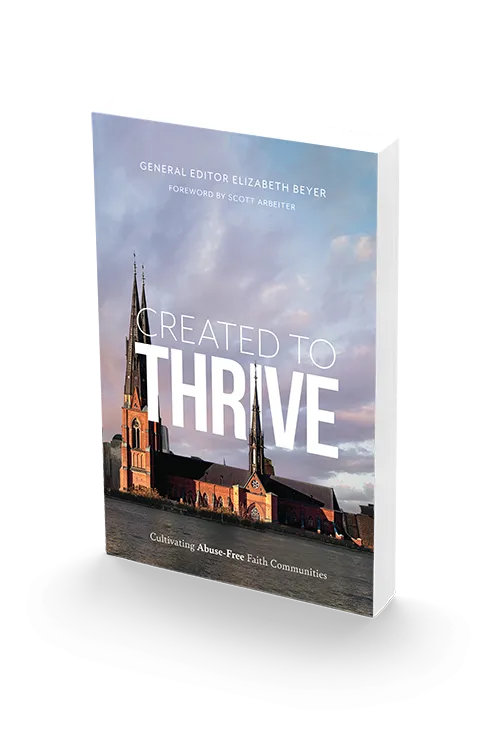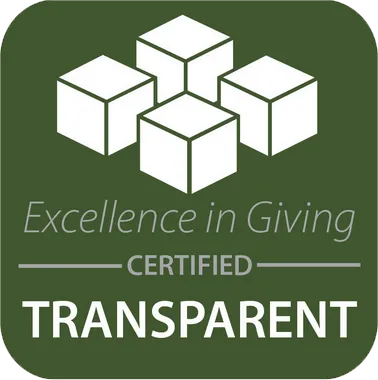If you want to expand your knowledge on the subject of violence against women, Scars Across Humanity: Understanding and Overcoming Violence Against Women by Elaine Storkey is a must-read. It is an engaging, investigative book packed with history, research, stories, outcomes, and possible solutions to the global issue of violence against women. It covers the past, present, and future of this violence that has many faces in all societies across the globe.
Storkey is respectful and offers perspectives from many different groups and cultures, yet she always defends and makes her point of view very clear. This is not just a good book to read, it is an important book to read because “violence against women is not confined to a specific culture, region or country, or even to particular groups of women within a society. Rather, in all societies, women and girls are subjected to forms of physical, sexual, and psychological abuse.”
This book is a well-organized, easy to follow resource. There is an introductory chapter on the global issue of violence against women, defining it as a global pandemic. It examines the denial of violence against women occurring in some countries and the absence of laws protecting women in others. Storkey also discusses how some countries have laws to protect women, but they refuse to implement them. Other times, Storkey submits, women are kept uninformed of their rights. Regardless, the introduction will grab your attention and keep you reading.
Each of the next eight chapters is dedicated to a specific type of violence, most of which do not discriminate between girls or women. The chapters are arranged in a projection of the chronological order that a specific type of violence may happen to a female in her lifetime. Each chapter is full of raw, heart wrenching stories along with well-documented research that spans the globe. The chapters examine selective abortion and infanticide, female genital mutilation, early and enforced marriage, honor killings, domestic violence, trafficking and prostitution, rape, and sexual violence during war.
These chapters trace the history of each type of violence, the present societal and cultural implications of gender-based violence, the consequences of doing nothing for the global future, and necessary actions to overcome and prevent these atrocities against women and girls.
The last four chapters are dedicated to detailing different groups’ explanations of gender-based violence, along with each group’s proposed plan for overcoming it. Storkey is respectful to the history and viewpoints of biologists, feminists, Muslims, and Christians. However, she is an egalitarian Christian and she makes it clear that she does not necessarily agree with all of those viewpoints. She respectfully questions and sometimes disagrees with others’ positions, but she deliberately affords those other perspectives proper space. Storkey’s treatment allows for a fair and complete history and gives readers a detailed picture of how various groups are working to eradicate violence against women.
Though she is a Christian, Storkey reports that the chapter dedicated to Christianity was the most difficult chapter for her to write. She is honest and forthright as she argues that the traditions of patriarchy have become synonymous with Christianity in much of the world. She explains how gender inequality in Christianity has contributed to violence against women globally. This chapter also explores the history of women in the church, the recent semi-acceptance of women in leadership roles, complex biblical texts, and examples of great women leaders from both the Hebrew Scriptures and the New Testament.
The last subject of the book is the Christian theology of personhood and the hope that egalitarian Christian initiatives will hold in the fight against gender-based violence. In this last chapter, Storkey argues that true Christian love leaves no room for this scarring violence against women.
Scars Across Humanity is a thorough investigation into violence against women. Every story told is personal as if the woman or girl in it is your next-door neighbor or coworker. If you are a woman, you should read this book. If you are a man who has women or girls in his life, you should read this book. In short, everyone should read this book. It is scheduled for publication on November 25, 2015 to coincide with UN International Day for the Elimination of Violence Against Women.
I invite you to read this book because:
“The extent of violence against women cannot be underestimated, nor can its consequences. The impact ripples through every area of society; it affects women, children, families, neighborhoods, men, lawmakers, law-enforcers, health providers and so many of our social institutions. It does indeed leave scars on the face of humanity.”





